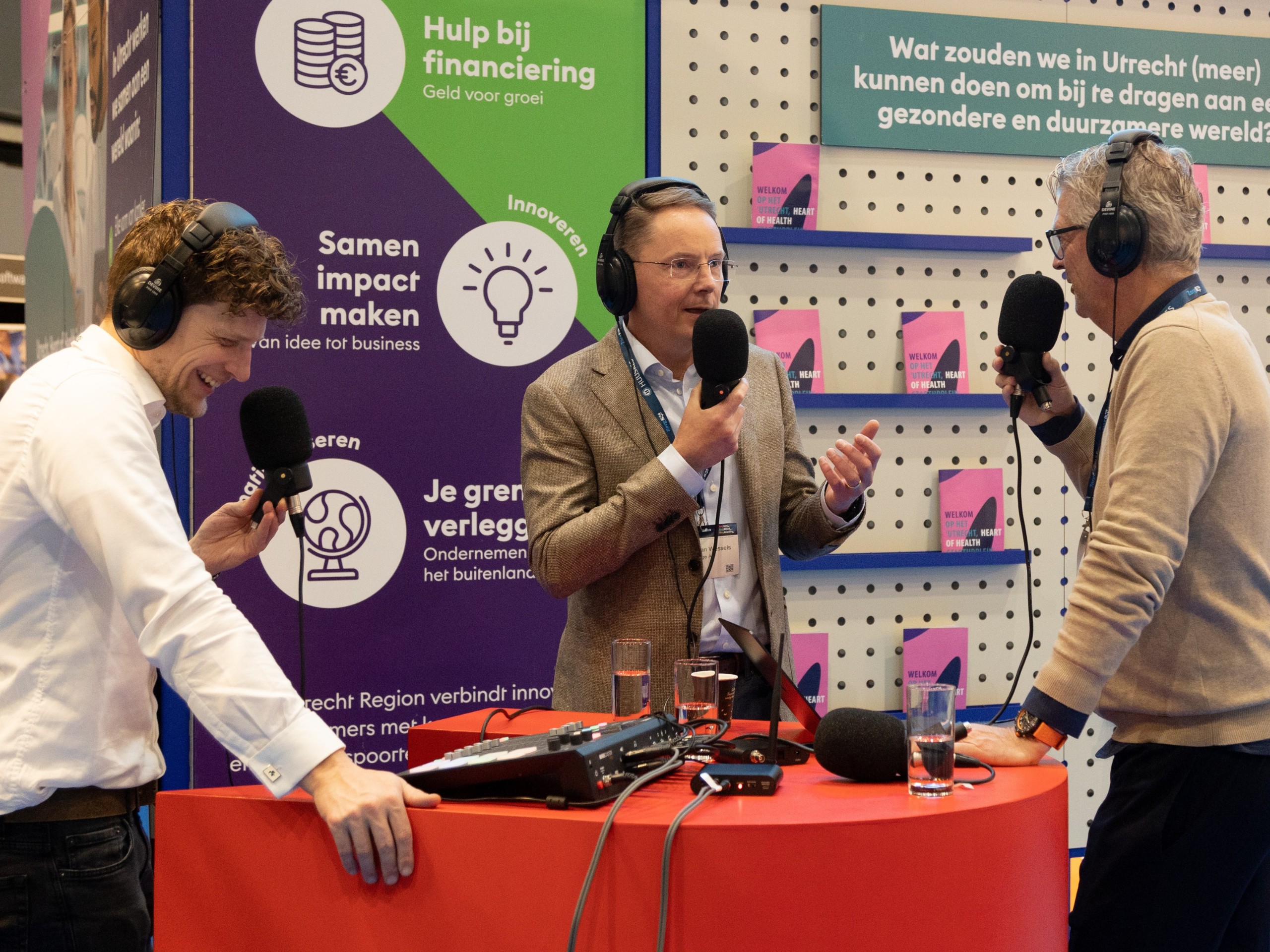Fit-for-purpose, findable information is the key to efficient, appropriate care. That's the lesson listeners can learn from the latest episode of the podcast Pepper. Speaking are the winners of the National Care Innovation Award 2024.
"In the future, we will rely more and more on each other, because care cannot do it alone," argues Erjen Derks of Valtes in conversation with podcast hosts Jelle Drijver and Jos Hummelen. "We have to arrange it behind the front door with each other. The problem is that now, as a caregiver, you don't have the right information to get a grip on the situation. People are behind the times. What we take care of is that people get the right information in the right context that fits their care situation."
Ease of use
Why the digital informal care assistant catches on is well explained by the winner of the audience award of the National Care Innovation Prize 2024. "Regular care often offers old-fashioned communication, say: someone behind a phone. We offer ease of use by being close to the caregiver. There aren't that many digital solutions out there."
Voice recognition
Turning raw digital information into usable applications is also what the jury prize winner Juvoly does, albeit for a different target group than family caregivers. "We make speech recognition for primary care," explains Thomas Kluiters . "We listen in on the consultation, so to speak, and convert that into a structured report that the GP can easily get into the EHR. Our ambition is to take over all the typing and clicking. That will make the GP's work more enjoyable. We are also developing AI ourselves. For example, we are working on a Dutch LLM."
Data Privacy
About a USP, Kluiters does not have to think long. In addition to ease of use, Juvoly prides itself on transparency and data privacy. Data is not used by Juvoly for its own purposes, but passes directly to Dutch servers. "The patient data belongs to the patient. It is never a patient's intention to share information with a commercial party. Therefore, we do not store any data. This makes it less scary."
Making mistakes
That Juvoly meets a need is evidenced, according to Kluiters, by the fact that the company was able to connect 500 accounts in less than nine months. Valtes is also already showing itself in practice. Four municipalities in Drenthe are going to work with the application as launching customers. "In doing so, we are trying to get rid of old-fashioned channels and find users in a different way, for example by going to sports clubs, libraries and hairdressers."
Asked about lessons from their startup careers, Kluiters and Derks appear to have different insights. Whereas Kluiters wants to guard against mistakes by going faster than users, Derks actually advocates making mistakes. "If you set the bar high and want to do things perfectly, you actually have to make a lot more mistakes."












